When it comes to modern agriculture, selecting the right farm tractor is akin to choosing the perfect tool for a craftsman. A well-chosen tractor can significantly enhance productivity and efficiency on the farm, while an ill-suited one can lead to frustration and decreased yields. In this extensive 8000-word guide, we will dive deep into the complexities of choosing the right farm tractor for your specific needs. From understanding the various types of tractors to evaluating key specifications, this comprehensive article is your roadmap to making an informed decision.
Introduction
The world of farm tractors is vast, with numerous models, sizes, and features to consider. Your choice of tractor should align with your farming goals, the size of your operation, and the tasks you need to accomplish. This guide will cover the following aspects to help you make the right decision:
Understanding Types of Farm Tractors
Farm tractors come in various types, each designed for specific tasks. We will explore the different categories, including utility tractors, row-crop tractors, compact tractors, and specialty tractors, to help you determine which type suits your needs.
Assessing Horsepower Requirements
Horsepower is a critical factor in tractor selection. We will delve into the intricacies of determining the required horsepower for your farm, considering factors like the terrain, implements, and tasks you plan to undertake.
Transmission Options
The choice between manual and automatic transmissions can significantly impact tractor performance. We will examine the pros and cons of each option and help you decide which one aligns with your preferences and needs.
Evaluating Implements and Attachments
Tractors are versatile machines, but their utility is greatly enhanced by the implements and attachments they can use. We will discuss the importance of compatibility and versatility when selecting implements for your tractor.
Fuel Types and Efficiency
Choosing between diesel, gasoline, electric, or alternative fuel tractors is a crucial decision. We will explore the advantages and disadvantages of each fuel type, with an emphasis on fuel efficiency and environmental considerations.
Ergonomics and Operator Comfort
The comfort and usability of a tractor are essential for operator productivity and safety. We will examine ergonomic features and cabin amenities to ensure your tractor is a comfortable working environment.
Budget and Cost Considerations
Farm tractors come with varying price tags, and it’s important to establish a budget that aligns with your financial capacity. We will provide insights into budgeting for a tractor purchase and the potential long-term costs to consider.
Maintenance and Serviceability
Keeping your tractor in optimal condition is essential. We will discuss maintenance requirements, serviceability, and the availability of spare parts for different tractor brands and models.
FAQ
Q1. How do I determine the right tractor size for my farm?
A1. The right tractor size depends on factors like the size of your farm, the type of crops you grow, and the tasks you need to perform. Assess your specific needs and terrain to make an informed choice.
Q2. What is the significance of PTO (Power Take-Off) horsepower?
A2. PTO horsepower is crucial for running various implements and attachments. It represents the power available for operating equipment like mowers, balers, and generators.
Q3. Can I use the same tractor for multiple tasks on my farm?
A3. Yes, many tractors are versatile and can handle multiple tasks by switching implements. However, ensure your tractor’s horsepower and compatibility match the tasks you have in mind.
Q4. Are electric tractors a viable option for small farms?
A4. Electric tractors are gaining popularity, but their viability depends on factors like your access to charging infrastructure and the specific tasks you need to perform.
Q5. How can I ensure proper maintenance of my tractor?
A5. Regular maintenance is essential. Follow the manufacturer’s maintenance schedule, keep records, and address any issues promptly to extend the life of your tractor.
Q6. Are there financing options available for tractor purchases?
A6. Yes, many manufacturers and financial institutions offer financing options for purchasing tractors. Explore these options and consider their terms carefully.
Q7. Should I consider buying a used tractor to save on costs?
A7. Used tractors can be cost-effective but require thorough inspection and verification of maintenance records. Consider your budget and long-term needs when deciding between new and used tractors.
In conclusion, choosing the right farm tractor is a pivotal decision for any farmer. It involves a careful evaluation of your specific needs, budget constraints, and long-term goals. By understanding the intricacies of tractor types, specifications, and features, you can make a well-informed choice that enhances your farm’s productivity and efficiency.

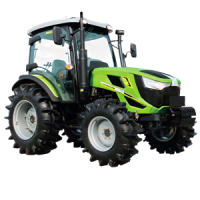
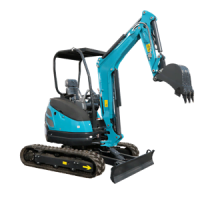
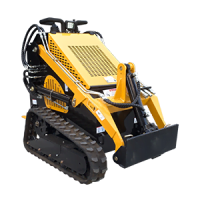
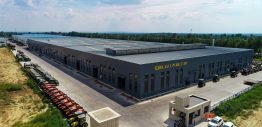
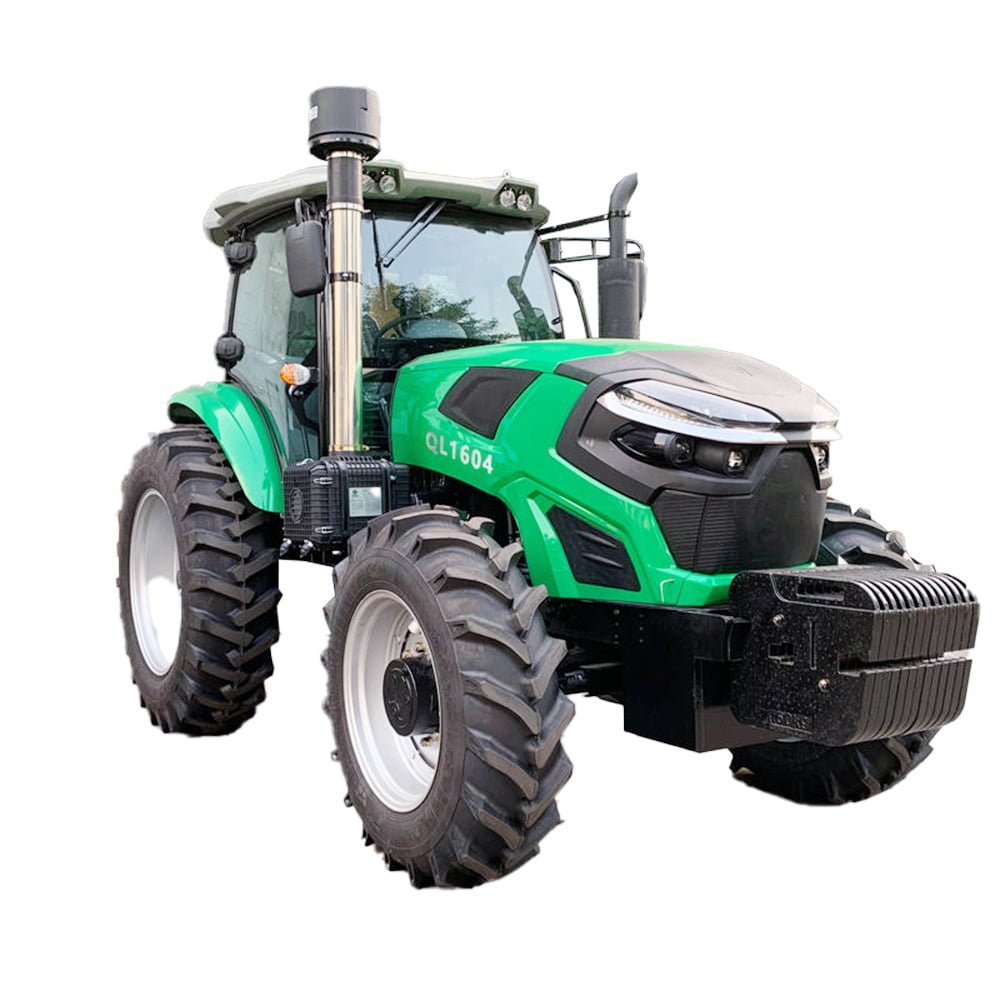

-1.png)